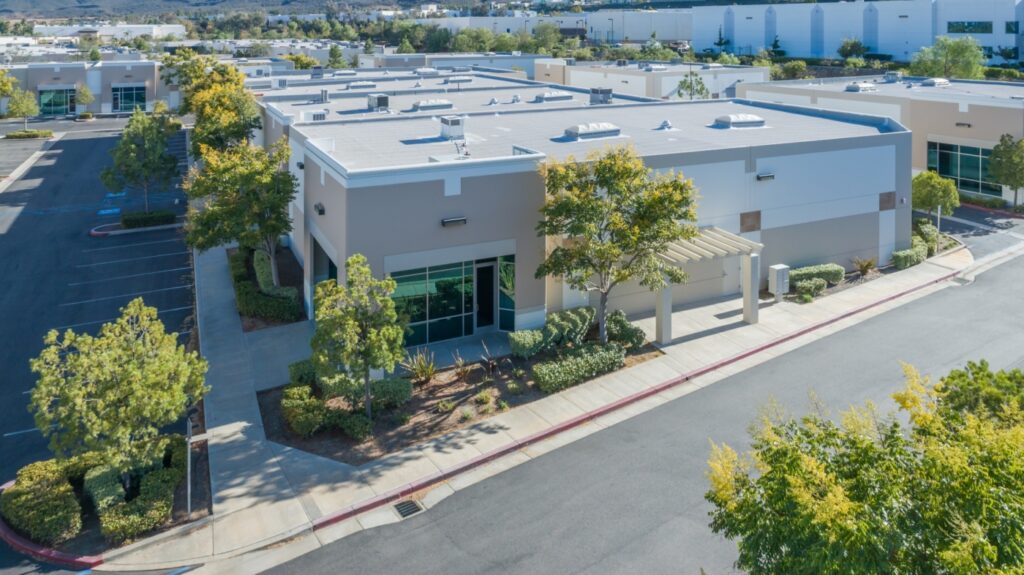
Last week I spent some time examining those fortuitous business owners who’ve enjoyed the good fortune of occupying a facility with which they hold title.
These companies have enjoyed steady rent over the years with no need to sweat dramatic increases. Appreciation in commercial real estate values has eclipsed the business’ worth, in many cases. As I discussed last week, subsidized rent can play a role in enterprise valuation. After all, the cheaper the rent, the more profit an operation generates.
My question is – does it matter? You own both the real estate and the enterprise. Both have more decimals than before. Business is worth more due to rent being less than the market rate. What does that mean for real estate, thanks to forces around us such as scarcity, demand, and lack of new building starts?
Here’s what: You now believe it’s a great time to liquidate your equity by selling the operation. Generally, two genres of business buyers will come knocking: a private equity group or a strategic operator.
In the former, a goal could be to acquire a number of companies like yours, create value, and sell the bigger unit. Typically, they’ll utilize the existing footprint and attempt to operate without moving. It’s a boon for the building owner if they’ll pay a market rental rate. Don’t forget, the profit of your group is partially bolstered by the rent discount. A huge bump in rent could crater the profit of the company. In one instance, I’ve seen the difference in subsidy and market cause the profit margin to be zero!
An option could be to sell rather than lease the real estate. Akin to selling a used car and buying a new one, this arm wrestling match rarely results in a maximum number for both your enterprise and the real estate. Many times the company buyer will inflate the price of the business at the expense of the real estate, only to then create a long lease and sell the facilities to an investor. The proceeds are then used to “buy- down” the business acquisition.
If favor is garnered by a strategic operator, a new set of circumstances occurs. Operating within the same industry, this buyer type views the acquisition as a way to expand market share, geographical reach, or specialization. Typically, they have adequate facilities and don’t want real estate. Now you have a costly vacancy that must be filled.
Finally, you should consider your return on investment. Assume your investment is the real estate from which your enterprise operates. Therefore the return is the amount of rent you charge divided by the price you paid. Structured as a home to your operation vs a return-driven investment – you’ll likely leave shekels on the sideboard. Plus, now the parcels are way more valuable. The same rent divided by a new larger value will cause the returns to diminish.
So what’s the answer? So long as you own the operation and the buildings are needed – it rarely makes sense to sell them. Certainly, a transition – death of a principal, a move out-of-state, divorce, loss of a key piece of business – can skew direction.
Related Articles
Real estate news: Newport Beach firms launch 1,000-home community in Menifee
Amazon closing or delaying 9 California warehouses
Warehouse rents to remain high in California despite Amazon cutbacks
Is your real estate worth more than your company?
Real estate news: Tractor dealer Eberhard Equipment buys its longtime Santa Ana facility for $8.6M
